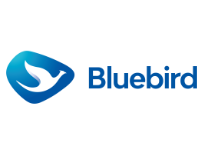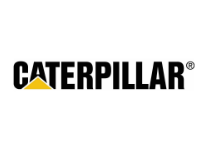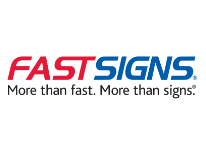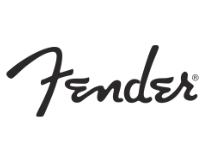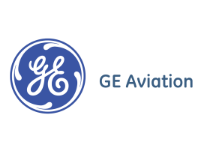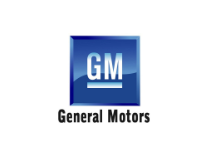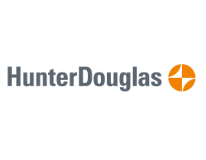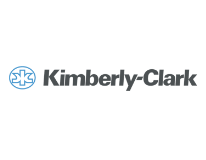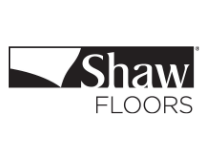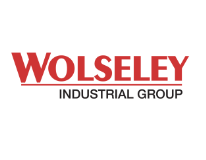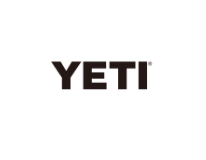Understanding Import Export Certifications for Buying the Best CNC Laser Cutter Globally
When it comes to sourcing the best CNC laser cutter on a global scale, understanding the intricacies of import and export certifications is crucial for ensuring compliance and quality standards. The world of CNC technology is vast, with numerous manufacturers and models available to meet various industrial needs. However, navigating this landscape requires knowledge of the certifications that signify a product’s safety, efficiency, and environmental impact. This guide will delve into the essential certifications you should be aware of when purchasing a CNC laser cutter, helping you make informed decisions that ensure your investment is not only reliable but also meets international regulations. Whether you are a seasoned professional or a newcomer in the field, this comprehensive understanding will empower you to buy the best CNC laser cutter for your projects, fostering innovation and success in your business endeavors.
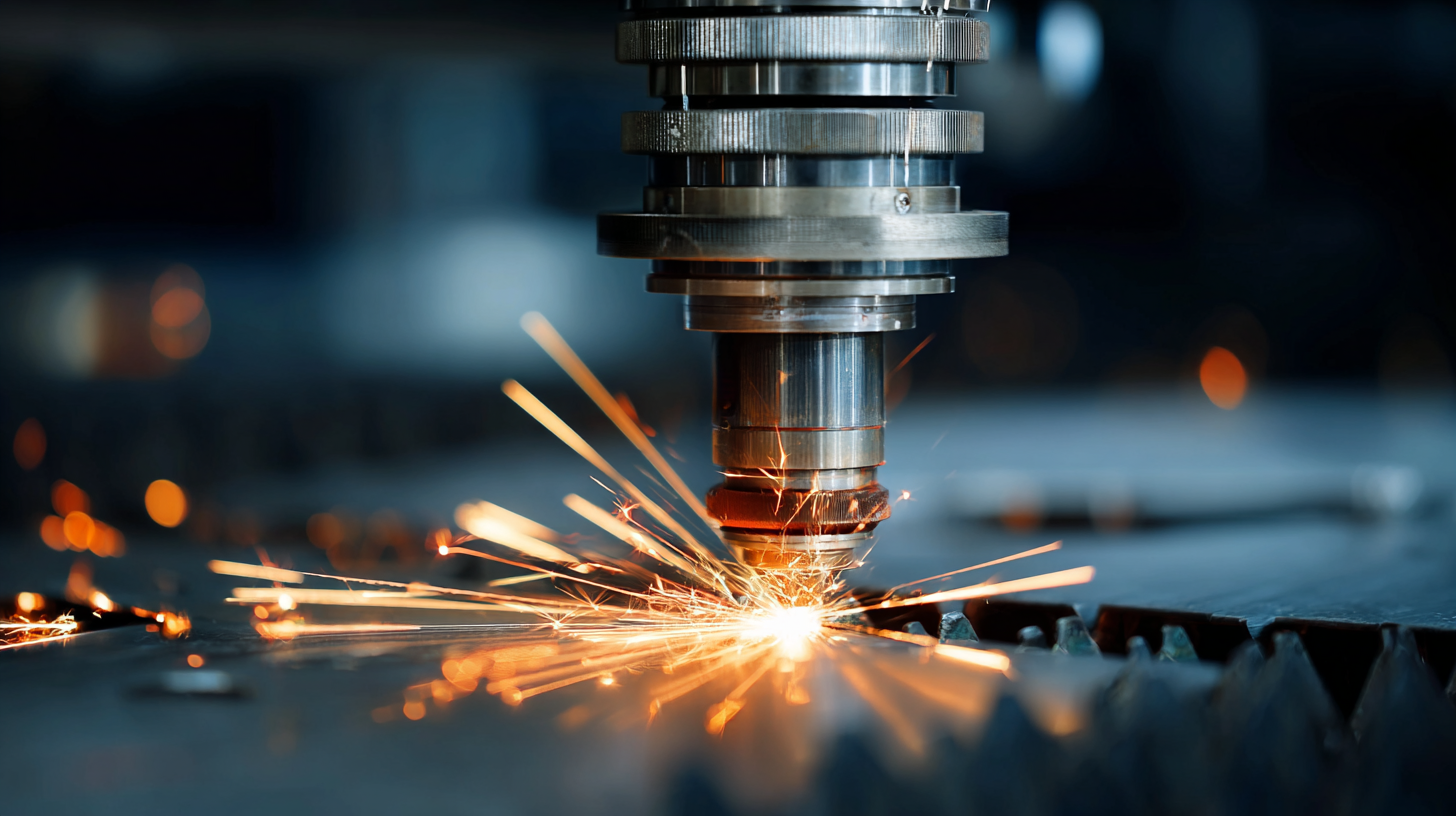
Understanding the Importance of Import Export Certifications in CNC Laser Cutter Selection
Understanding the importance of import-export certifications in CNC laser cutter selection is crucial for businesses seeking to invest in this advanced technology. According to a report from MarketsandMarkets, the global CNC laser cutting machine market is projected to reach USD 5 billion by 2026, growing at a CAGR of 6% during the forecast period. This growth underscores the need for businesses to ensure compliance with international standards through proper certifications, which can significantly affect both operational efficiency and legal standing.
Import-export certifications, such as ISO 9001 for quality management systems and CE marking for conformity with European standards, are vital indicators of a manufacturer's reliability. A study from Statista highlights that companies that prioritize sourcing certified equipment see a 30% improvement in production quality. When selecting a CNC laser cutter, it's essential to verify that the equipment meets these certifications, as they not only ensure product quality but also facilitate smoother transactions across borders. Buyers must understand that non-compliance can lead to costly delays and penalties, making certification a crucial factor in the selection process.
Understanding Import Export Certifications for Buying the Best CNC Laser Cutter Globally
| Certification Name | Issuing Authority | Importance | Applicable Regions | Validity Period |
|---|---|---|---|---|
| CE Certification | European Union | Mandatory for compliance with EU safety standards | EU Member Countries | Indefinite, subject to product changes |
| FDA Approval | U.S. Food and Drug Administration | Required for equipment used in medical applications | United States | Varies based on product classification |
| ISO 9001 | International Organization for Standardization | Ensures quality management practices | Worldwide | 3 years, renewable |
| RoHS Compliance | European Union | Restricts hazardous substances in electrical equipment | EU Member Countries | Indefinite as long as compliance is maintained |
| UL Certification | Underwriters Laboratories | Indicates safety and performance standards in the U.S. | United States, Canada | Varies based on product type |
Key Certifications to Look for When Sourcing CNC Laser Cutters Globally
When sourcing CNC laser cutters globally, it’s crucial to understand the various certifications that ensure safety, quality, and compliance with industry standards. Key certifications to look for include ISO 9001, which governs quality management systems, and CE marking, indicating that the product meets EU safety and environmental requirements. Additionally, understanding the significance of UL certification can assure buyers that the equipment has been tested for safety standards, particularly important in countries like the USA.
Moreover, staying informed about the latest developments in contract manufacturing can significantly benefit your sourcing strategy. Many top contract manufacturers emphasize compliance with these certifications as part of their competitive edge. As the manufacturing landscape evolves, buyers should prioritize suppliers that not only offer high-quality CNC laser cutters but also demonstrate a commitment to maintaining rigorous certification standards. This diligence not only enhances product reliability but also fosters trust in international trade relationships.
Evaluating Manufacturer Reputation: Insights on Quality and Reliability
When considering the acquisition of a CNC laser cutter, the reputation of the manufacturer plays a crucial role in ensuring quality and reliability. A manufacturer that has built a strong reputation in the industry typically adheres to strict quality control measures and continuously invests in research and development. This commitment not only enhances the performance of their machines but also extends their lifespan, ultimately providing better value for the investment. Customers can gauge a manufacturer's reputation by examining customer testimonials, industry reviews, and the longevity of their products in the market.
Moreover, evaluating a manufacturer's reliability involves looking at their after-sales service and support. A reputable manufacturer will offer robust customer support, ensuring that buyers can access assistance and parts whenever necessary. An established manufacturer will also provide transparent information regarding warranties and guarantee policies, giving customers confidence in their purchase. Engaging with a manufacturer that is recognized for its quality not only mitigates potential risks but also fosters a long-term relationship, paving the way for future purchases and support in the evolving landscape of CNC technology.
Understanding Import Export Certifications for CNC Laser Cutters
Navigating Compliance Standards for International CNC Laser Cutter Purchases
When considering the purchase of a CNC laser cutter on an international scale, navigating the maze of compliance standards is crucial. Each country has its unique import-export regulations, which aim to ensure that machinery meets safety and efficiency benchmarks. Before finalizing a purchase, it's essential to familiarize yourself with certifications such as CE (Conformité Européenne) for Europe, or ANSI (American National Standards Institute) in the United States. These certifications not only affirm the quality and safety of the equipment but also facilitate smoother customs processes, preventing unexpected delays.
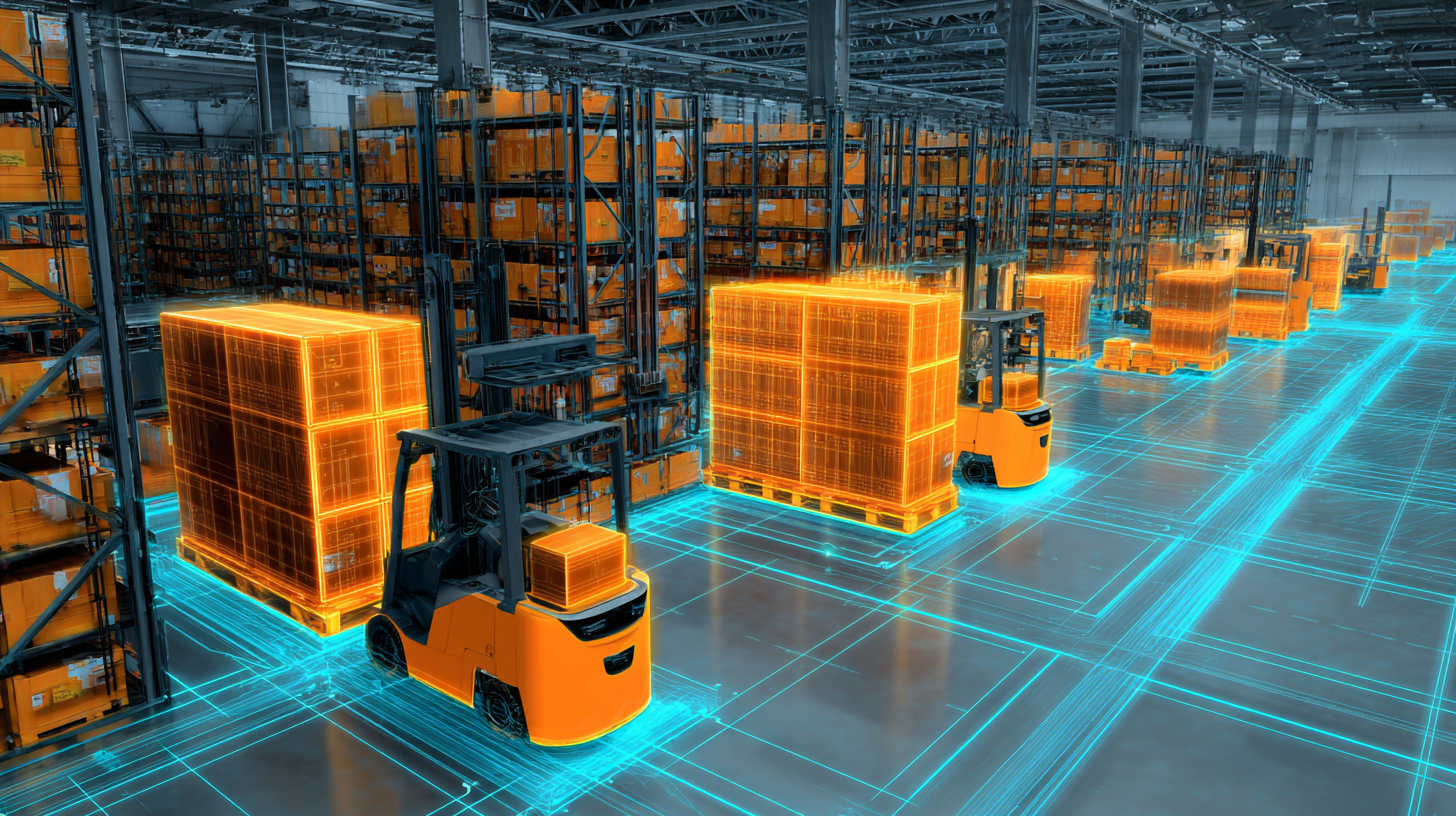
Moreover, understanding the specific compliance requirements of your target markets can save businesses from substantial financial penalties and logistical challenges. For instance, importing machinery into certain regions might demand proof of adherence to local environmental regulations or technical standards. Engaging with customs brokers or compliance experts can provide insights into necessary paperwork and tools for successful navigation through international trade laws, ensuring that the investment in a CNC laser cutter translates into productive and worry-free operations.
Tips for Effective Communication with Global CNC Laser Cutter Suppliers
When engaging with global CNC laser cutter suppliers, effective communication is key to a successful transaction. Research from the International Trade Administration shows that clear communication reduces misunderstandings by 70%, leading to smoother negotiations and better product outcomes. Language barriers and cultural differences can create challenges, but there are strategies to overcome these hurdles.
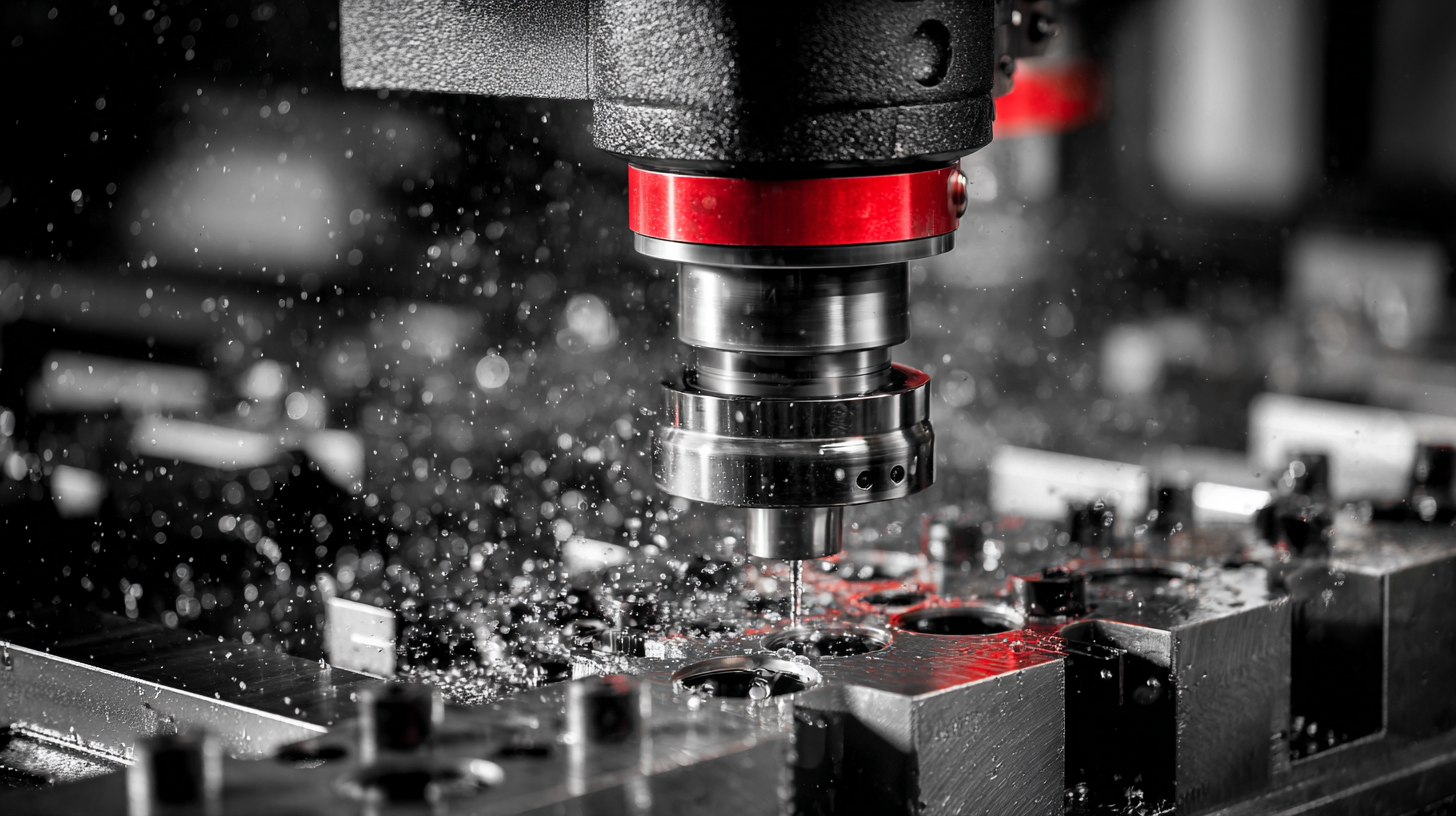
Tip 1: Use Clear Language
Avoid industry jargon and use straightforward language. This not only helps in eliminating confusion but also ensures that your specific requirements are understood. For instance, instead of technical specifications, describe the intended application of the CNC laser cutter to give suppliers a clearer perspective.
Tip 2: Leverage Technology for Communication
Utilizing tools such as video conferencing and instant messaging can significantly enhance your communication. According to a report by B2B International, companies that employ video calls during negotiations experience a 40% increase in deal closures. This visual interaction can foster stronger relationships and trust between you and the supplier.
By implementing these tips, you can streamline your communication process and effectively navigate the complexities of global trade in CNC laser cutters.


